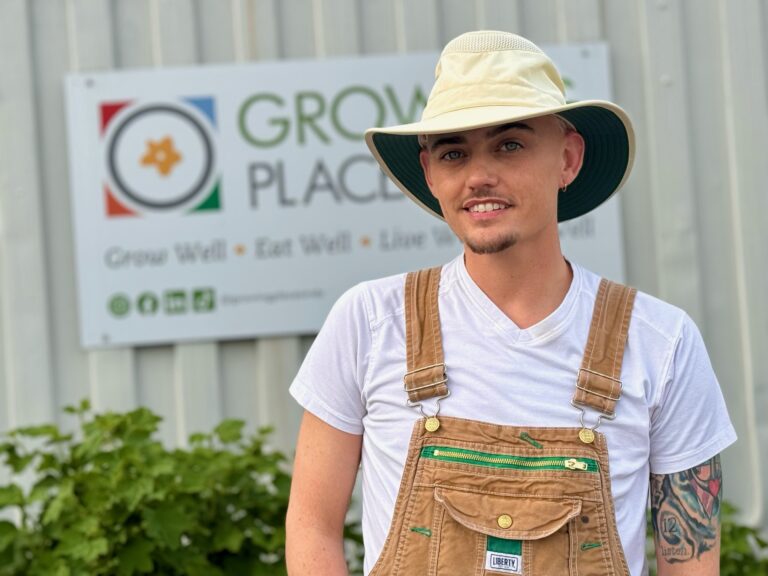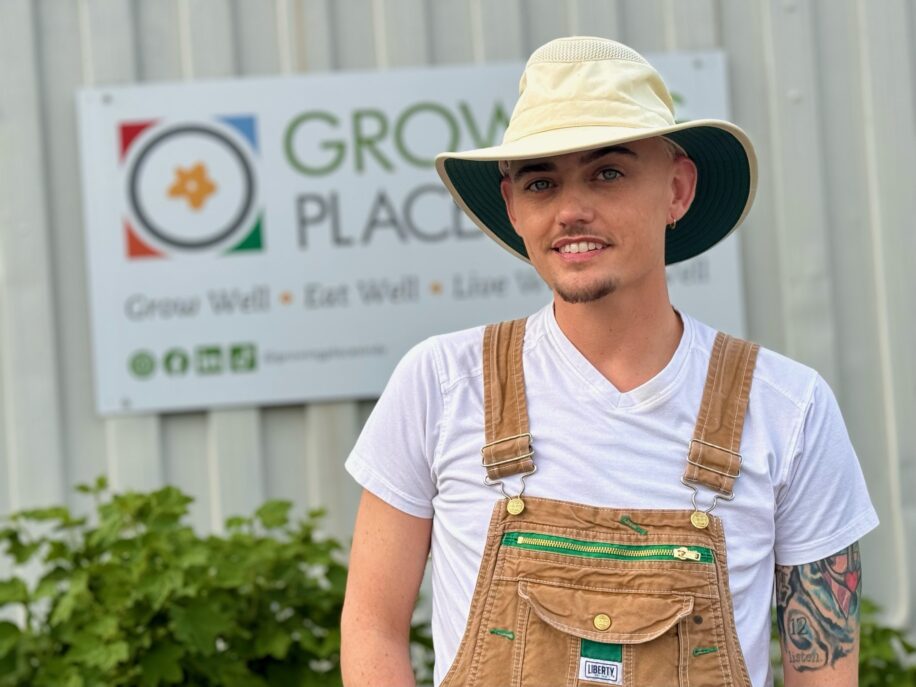
“Mutual aid projects let us practice meeting our own and each other’s needs, based in shared commitments to dignity, care, and justice. They let us practice coordinating our actions together with the belief that all of us matter and that we should all get to participate in the solutions to our problems. They let us realize that we know best how to address the crises we face.”
― Dean Spade, Mutual Aid: Building Solidarity During This Crisis
When I first started teaching about mutual aid in 2018 or so, it was mostly a new concept to my classes. However, the onset of the COVID-19 pandemic along with the righteous uprisings against the violence against Black lives have dramatically shifted the discourse. Mutual aid projects erupted everywhere, being organized by our families and chosen families, pods and polycules, neighborhoods, and communities outside of institutions. Mutual aid is an ancient Indigenous practice and process employed by Black and Brown liberation movements across time and space. Mutual aid can be found anywhere folks are surviving, and daring to thrive, in the face of oppression and destruction. We see the magic of mutual aid locally through the amazing work of DeAndrea Rayner’s coordination of Indy Community Pantry as well as Indy10’s No Questions Asked pantry. Nationally, we’ve seen the power of mutual aid through the student-led solidarity movement that has erupted in opposition to our institutions’ complicity in the ongoing and abhorrent violence against the Palestinian people. When institutions fail us, mutual aid gives us a path through and clarity on what kind of world we’re capable of building together. This is why I am part of Growing Places Indy’s Growing Community Practitioner program and what we are learning and practicing together. I am a trans and queer Hoosier and social worker who has been living, loving, and working with/in Indy’s LGBTQIA+ community, my community, for more than 15 years. The recent few years’ escalating and emboldened attacks on our community by legislators in this state and others are viscerally felt by myself and by my fellow community members. It is a weight to know and to feel that the folks in power in your own home state have a sincere focus on removing you from public life, and that when successful, institutions that serve us will follow suit.
For me, the weight of the world gets lighter when my hands are in soil. There are neurological reasons for that we can now cite, but that Indigenous wisdom has taught throughout time. When we connect with the land, we connect with ourselves, and then are able to connect with the people near to us. As trans and queer Hoosiers trying to survive and daring to thrive in this political moment, I am inviting my community to connect with the soil, to connect with ourselves, and to connect with one another. I am hoping to use what I am learning in the Growing Community Practitioner program about the soil, about the land where we’re rooted but never has belonged to us, and about how to best cultivate growth within our specific environment to co-coordinate a trans/queer community garden here in Indy. Not only would the act of gardening together literally heal and connect us, but we would also be growing fresh produce to combat food insecurity within our community, and co-creating a space where we can just be. The potential reach of this project is boundless from my vantage, but mutual aid projects are not done alone. So, dear community, do you want to grow a garden with me? Do you want to see what happens when we scatter seeds, nourish their growth, and harvest the (fruity) fruits of our labor with and for our community? Together, we can still grow here.
If you’re interested in becoming involved, please fill out this brief survey or contact me directly. https://forms.gle/78jDkz3Ej8nkkytF9
randwarden@gmail.com

